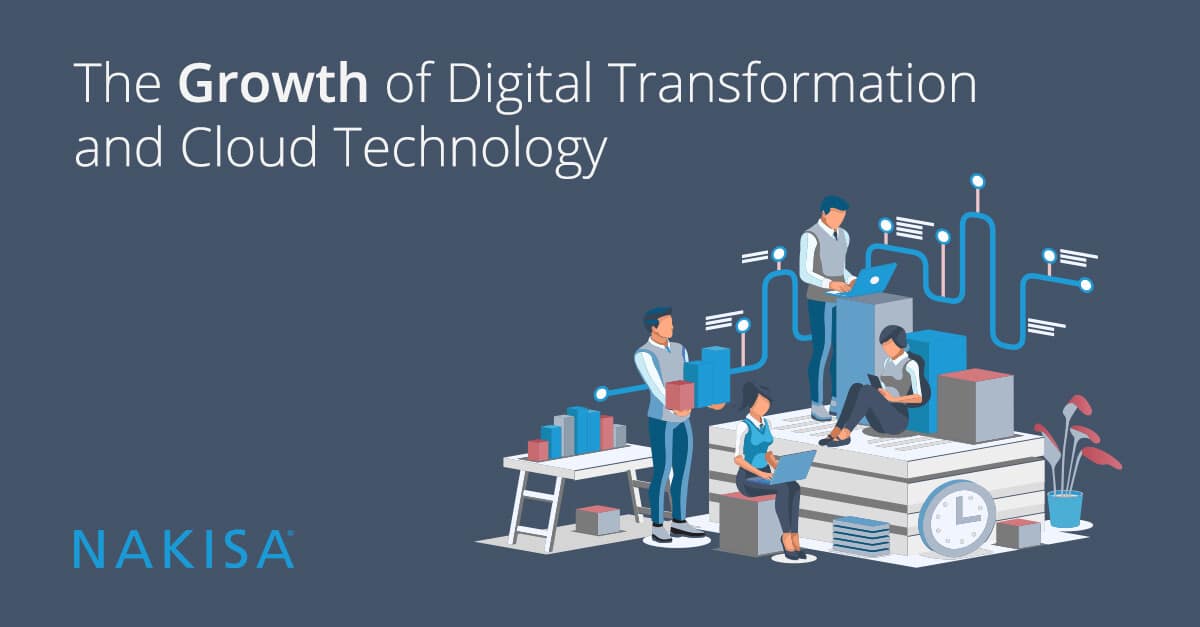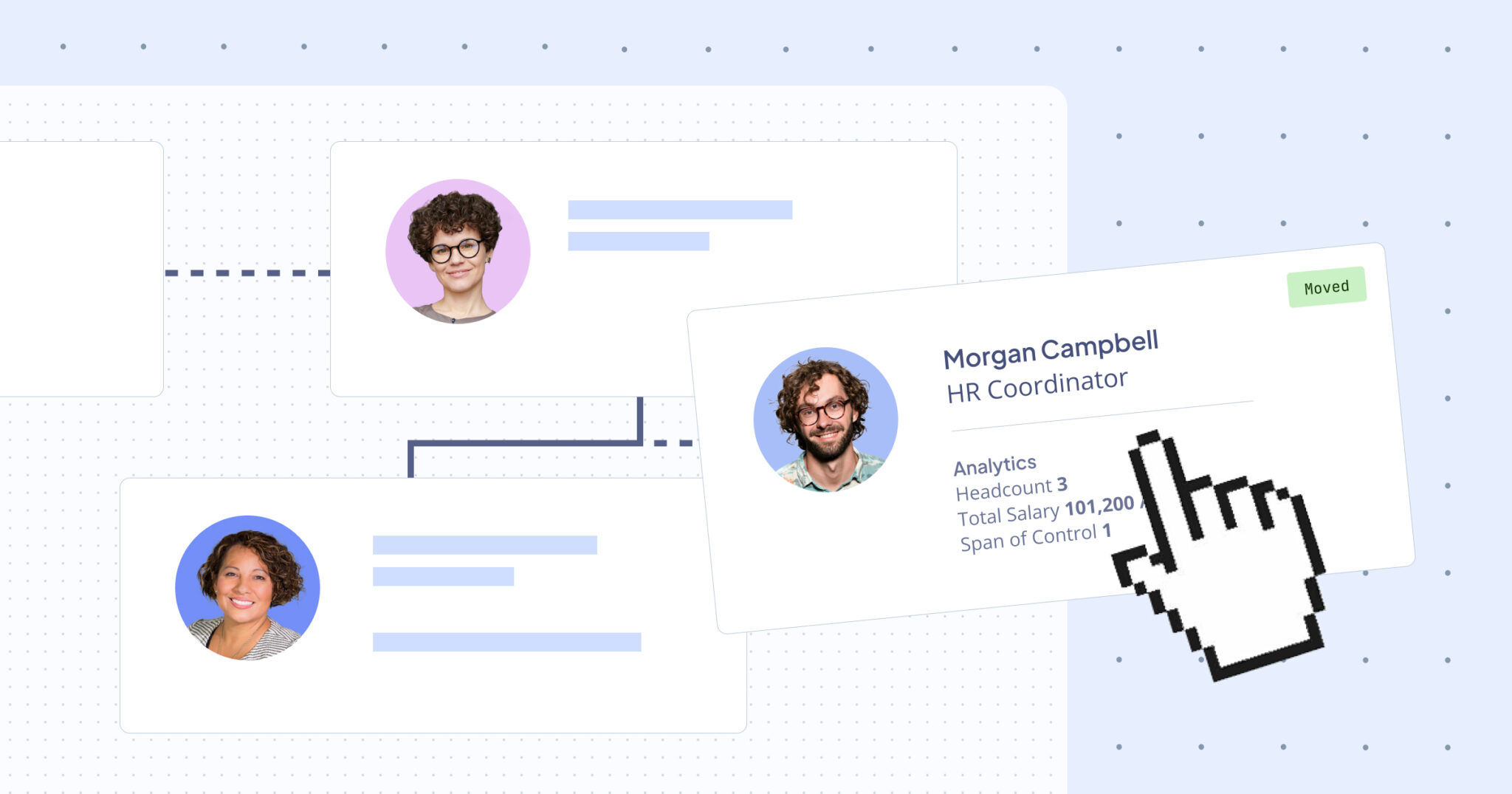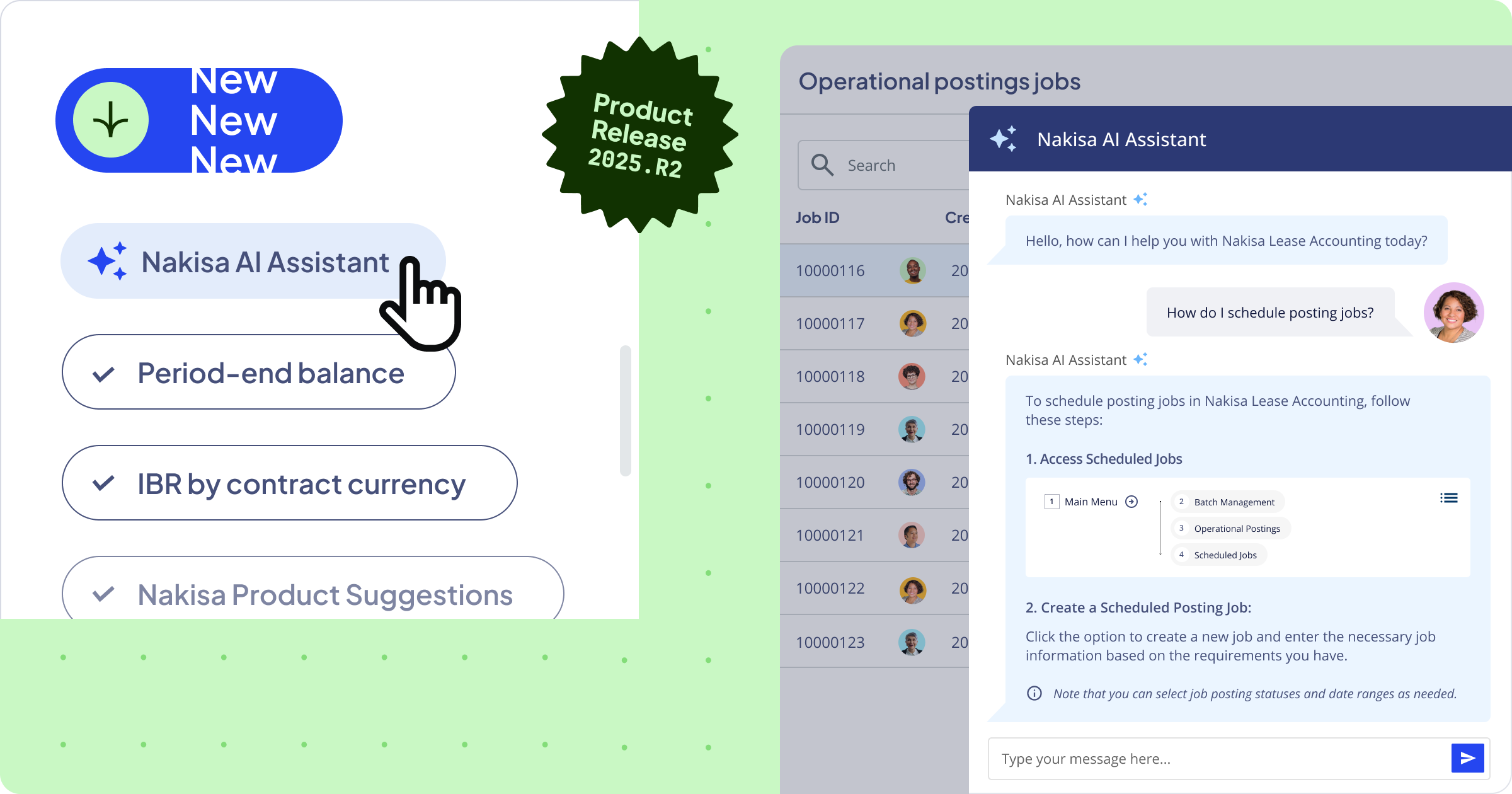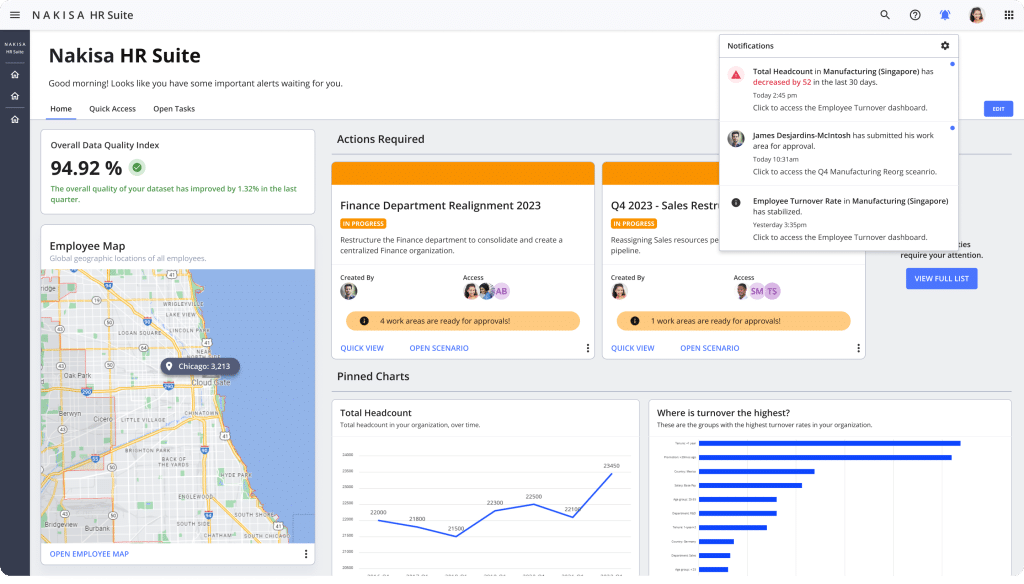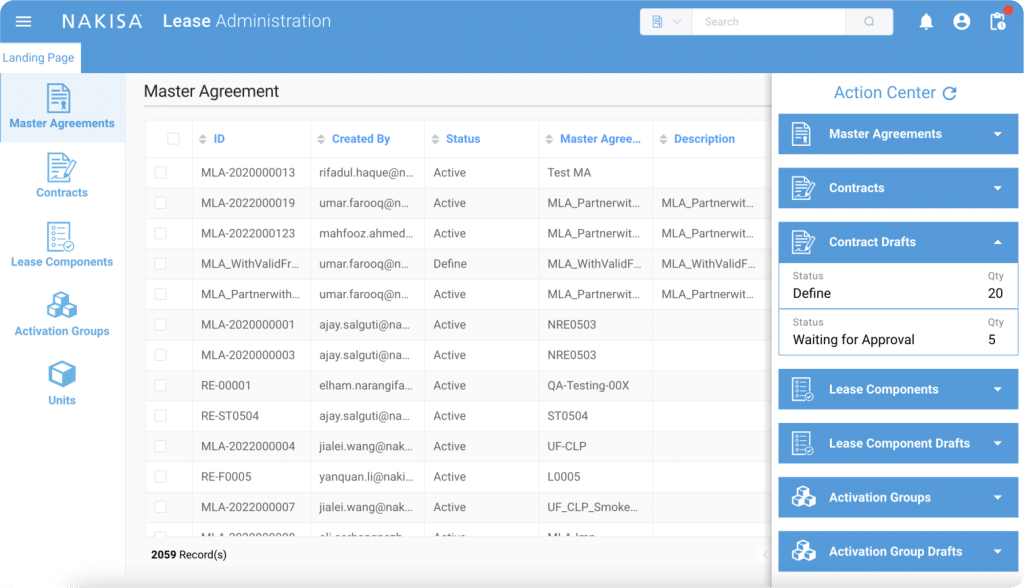When it comes to digital transformation, the future is now.
According to tech research firm IDC, by 2022 companies worldwide will spend $2 trillion on updating processes and policies to reimagine their businesses for the digital world.
In this changing environment, HR teams are also rethinking how digital technology can change and improve their work: from streamlining payroll and benefits to reimagining performance management to changing the nature of recruiting.
The growth of the cloud in recent years is one of the main reasons why this type of technology-fueled evolution in HR and other departments is becoming a worldwide business priority.
“’Digital’ and ‘cloud’ define a new normal,” writes Forbes contributor Eugene Kahzin, “no servers to maintain, cheaper cost of service, and quicker speed to market. Over the past decade, the cloud has revolutionized tech-savvy organizations, and now it’s an all-out race to harness the potential upside for all enterprises.”
As more and more businesses see the value and competitive advantage of cloud-based business practices, they need to understand exactly what the future of cloud and digital technology is—and how they can start their digital transformation off on the right foot.
The State of Digital Business Transformation
While your organization may just be starting on the digital transformation journey, many companies have already begun to implement transformations of their own.
In fact, 89% of organizations have adopted or have plans to adopt a digital-first strategy in the future, according to IDG. 32 percent of decision-makers reported that a digital business focus has already helped them achieve revenue growth
Where are these companies focusing?
IDG reports that the top 5 digital technologies companies are implementing include:
- Big data and analytics
- Mobile technology
- Private cloud
- Public cloud
- APIs
And, moving forward, IDG reports that the top 5 areas companies will focus on are:
- AI
- Machine learning
- Internet of Things
- Software-defined networking
- Software-defined storage
The potential for digital transformation to make business processes more efficient and cheaper are two major reasons why organizations are laser-focused on implementing their own changes. However, such changes don’t happen with the flip of a switch. They require careful planning and prioritization.
Where Do We Start with Digital Transformation?
With so many areas of focus--from cloud to big data to Internet of Things to AI—choosing where to start your digital transformation may feel overwhelming.
For most organizations, the logical place to start is with cloud technology, not only because it is now a well-established asset for streamlining business processes, but also because many of the other digital changeovers your firm will undertake will be built on infrastructure that uses the cloud.
As we’ve previously written, cloud-based technology provides improved accessibility and flexibility for employees and leadership to do their work wherever and whenever they need, real-time ERP-driven data which guarantees better accuracy and data quality, lower internal IT dependency, better scalability and customization for your technology systems, and lower costs through the elimination of hardware and the need for continuous IT support.
For all these reasons, Forbes reports that 83% of enterprise workloads will be in the cloud by 2020.
Organizational solutions like Nakisa HR Suite (formerly Hanelly) help to power your organization’s digital transformation through its comprehensive HR analytics, org chart visualization, and organizational design capabilities. Nakisa HR Suite offers a reliable and secure cloud solution that helps to reduce overall costs and dependency on IT resources. Its smooth end-user experience allows your teams to access the data they need whenever and wherever they need it. Most importantly, it is a single-tenant solution, meaning your data is stored on its own server, not shared with others.
For more on how Nakisa HR Suite can help support your next digital business transformation, visit our Nakisa HR Suite page or request a demo.
